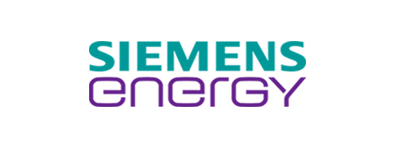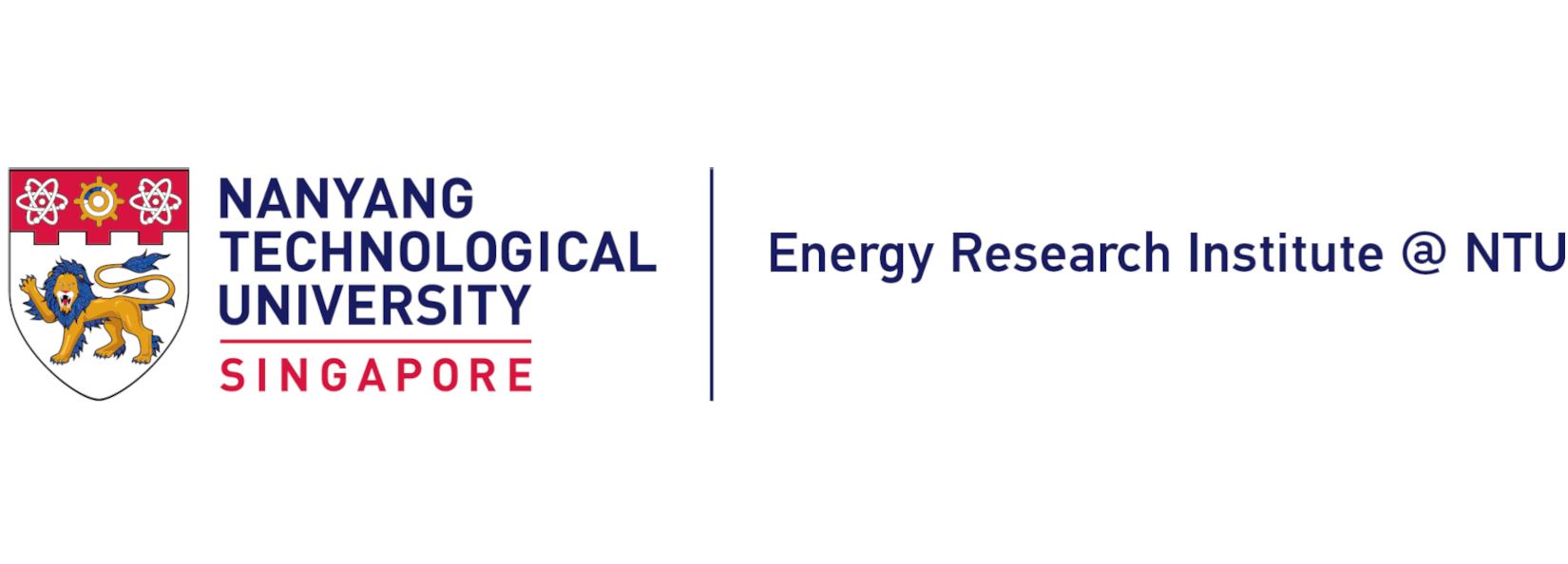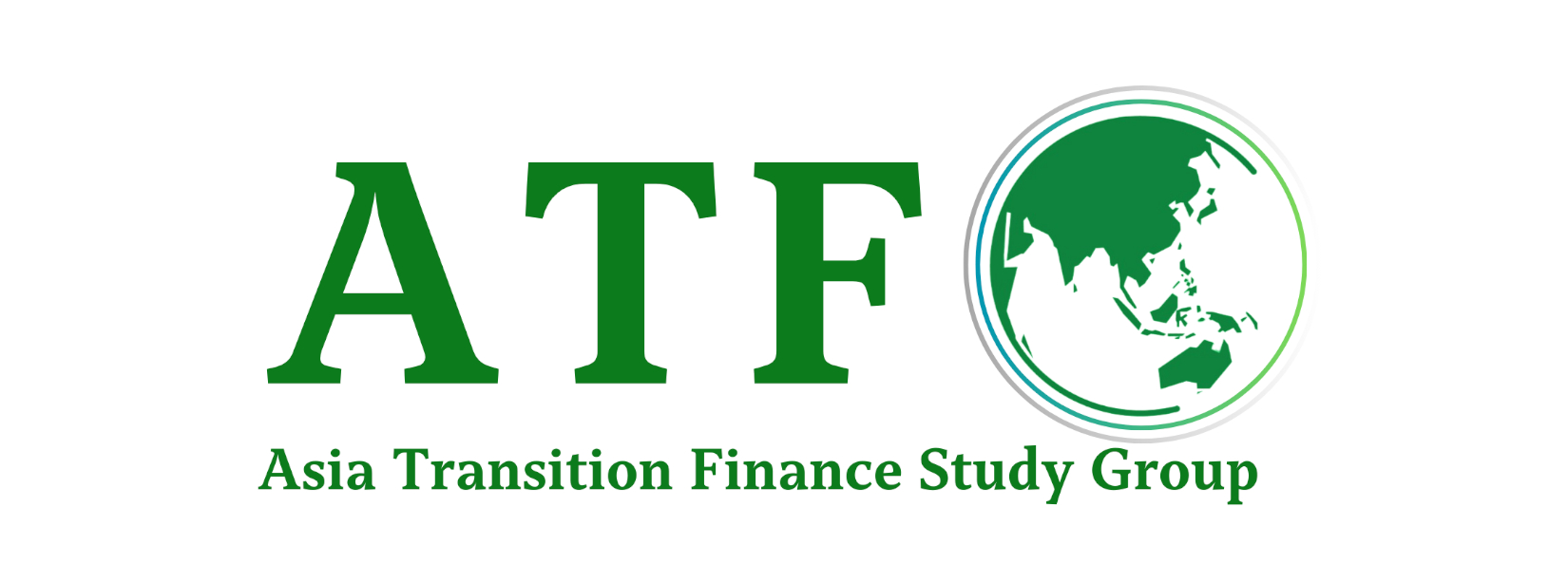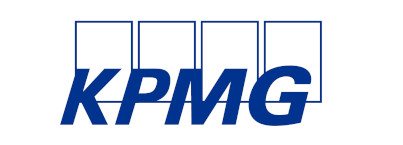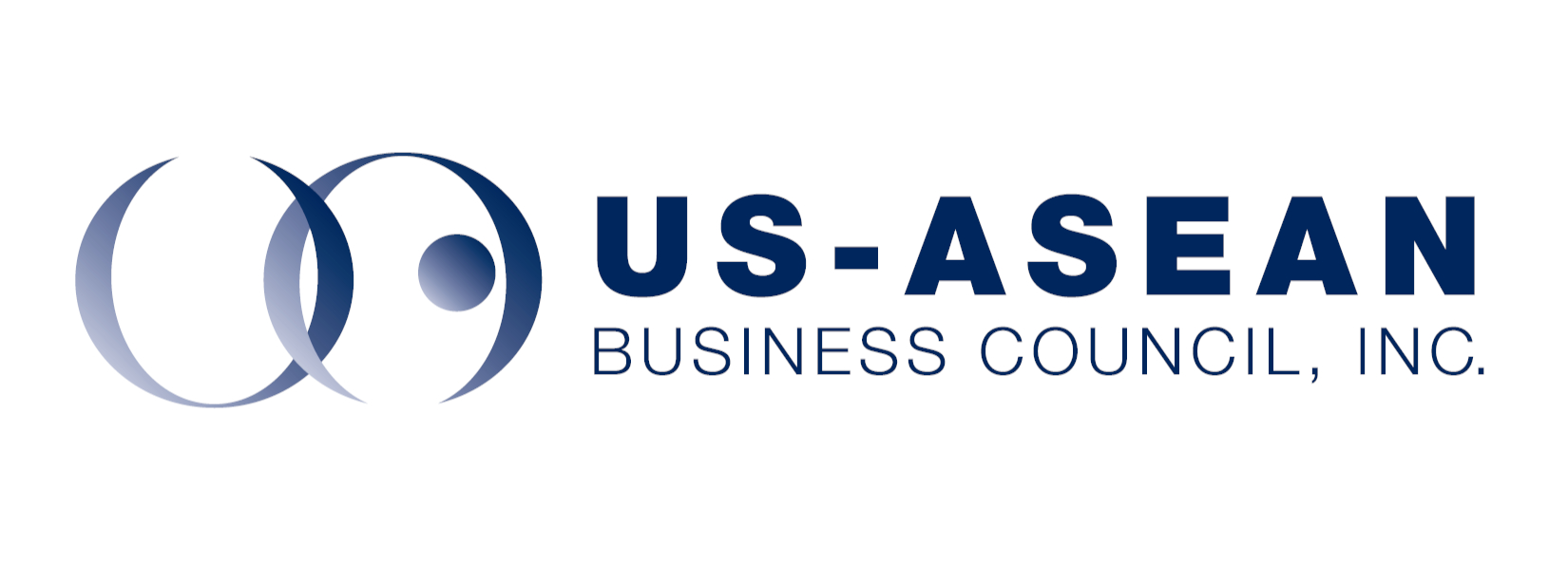Artificial intelligence (AI) is reshaping the global energy landscape, unlocking opportunities to enhance efficiency and accelerate decarbonisation. Yet as AI advances, its growing energy needs are adding pressure to energy systems worldwide.
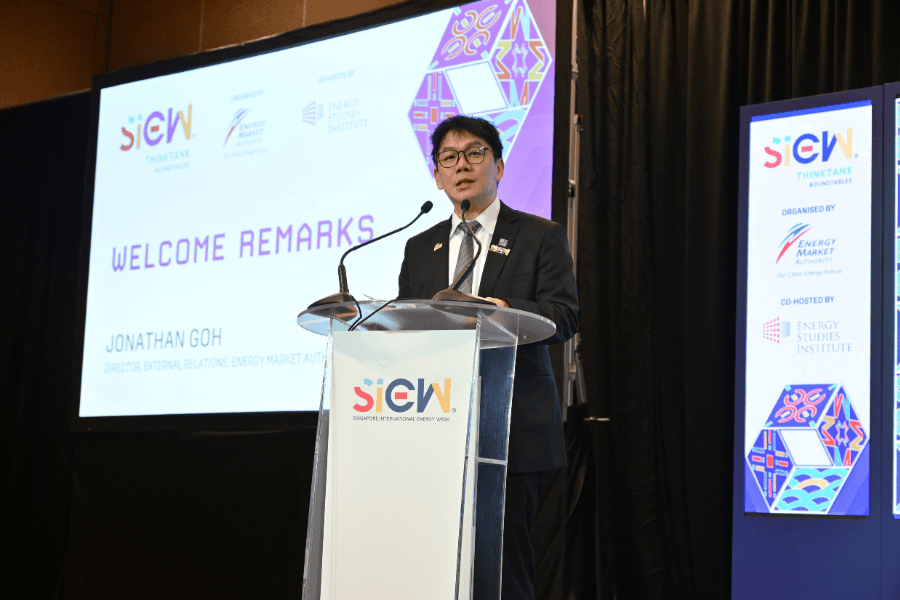
The SIEW Thinktank Roundtable on 'The AI-Energy Nexus' opened with a call to harness AI's transformative power responsibly. Speakers also underscored the need to manage its growing energy footprint.
Jonathan Goh, Director, External Relations, Energy Market Authority (EMA), highlighted AI's potential to accelerate the transition to low-carbon energy. He said AI can optimise how energy is generated, distributed, and consumed.
He cited the International Energy Agency (IEA) noting that AI applications could generate up to US$110 billion in annual operational savings. They could also cut 1.4 gigatonnes of carbon emissions by 2035. He added that achieving these gains will require stronger data accessibility, infrastructure readiness, and policy coordination.
The energy cost of digitalisation
Professor Lee Poh Seng, Executive Director, Energy Studies Institute (ESI), emphasised that AI can make energy systems smarter and cleaner. He added that AI's rapid growth is also driving global energy demand, particularly through the expansion of data centres. He described this as the sector's “dual challenge”, where the same technology driving decarbonisation also increases electricity use.
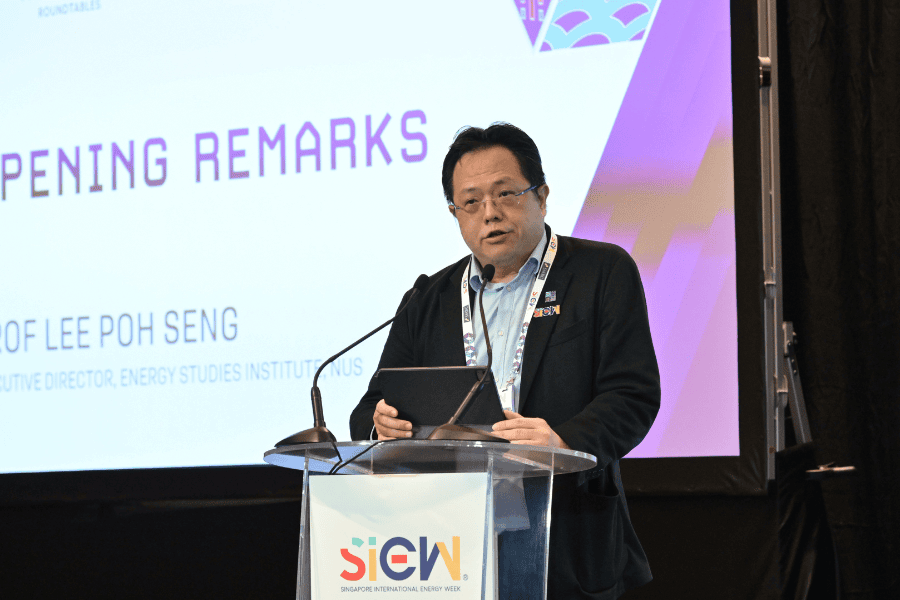
Singapore's integrated approach
EMA’s Mr Goh outlined Singapore's efforts to build capacity for a digitalised, decarbonised grid through the Future Grid Capabilities Roadmap and SP Group's Digital Twin. These initiatives strengthen grid resilience and support power-sector decarbonisation. These efforts help ensure that AI-enabled innovation supports, rather than strains, energy security.
Collaboration as the cornerstone of progress
Prof Lee underscored that sustained progress depends on collaboration across technology, policy, and finance. He noted that Singapore's experience reflects an integrated approach. The EMA supports smart grids, while ESI drives applied research to align AI's growth with climate goals.
A regional opportunity for sustainable AI
The speakers noted that Asia's rapid digital and energy growth makes it a focal point for sustainable AI development. The region has an opportunity to model responsible progress where innovation and sustainability advance together.
Their remarks set the tone for the roundtable's discussions—focused on exploring how to scale AI responsibly, strengthen system resilience, and align technology deployment with long-term decarbonisation goals.
Stay tuned as the conversation evolves throughout the day. Follow @SIEW_sg on Telegram and X (formerly Twitter) for the latest insights.











